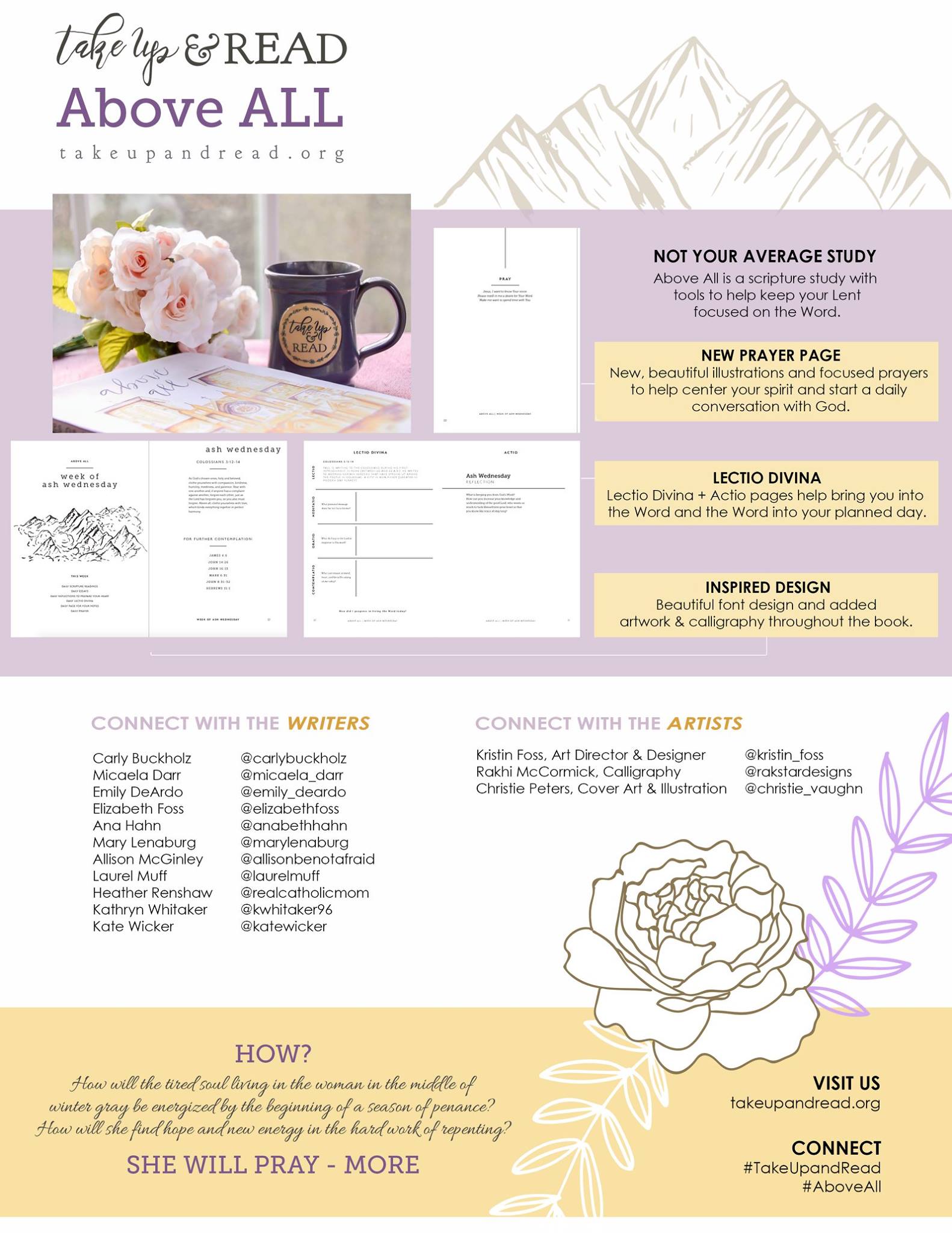It's no secret that I love to read. I've loved it ever since my mom first read to me as a toddler; I was the kid who snuck books under her desk in school, and read while I should've been getting ready for Mass, or when I should've been sleeping. Books are life.
So you'd think that the practice of lectio divina, "holy reading", would be the easiest type of prayer for me to practice.
You'd be so, so wrong.
I am terrible at lectio.
Before I tell you why I'm terrible at it, I should probably explain what it is. As I noted, it means "holy reading." It's a way of praying using the Scriptures. Essentially, you read (lectio); you meditate on what you read (meditatio); you pray about what you read (oratio), and then you figure out how to put all that into action (actio). It doesn't sound hard, right?
Except for me it is.
First, there's the reading. What the heck am I supposed to read? The Mass readings? Go through the Bible chronologically, only to falter when I get to Leviticus and Numbers and lists of names and other rosters? Start with Matthew and work through the New Testament and then maybe try the old?
And what if I read and nothing comes to me? I read, and read, and read....nope, God, sorry, nothing's hitting me. That's actually my biggest problem with lectio. I read. And I read. And nothing hits me. There's no inspiration. How am I supposed to pray with that?
In Advent, I had a pretty big breakthrough. The Advent journal, Rooted in Hope, was a real, hard core introduction to lectio, and it helped me immensely.
First--because there are readings given. There was a featured verse, and a few others. I didn't have to worry about what to read.
Second--the steps were all broken down, and easy for me to see, to ponder, to do.
At first, I had to re-read the passages a few times. I picked a word, an idea, that spoke to me. But some days it was harder than others. That's OK. I just kept doing it.
Lectio also requires a bit of background--and this is hard, too. In the first step, you're supposed to do some analysis: what is actually happening in the passage? Is Jesus talking to somebody? Who is Paul writing to, and why? Who is speaking in this excerpt from 1 Kings? That's where a good Bible dictionary, or study bible, is so important (resources at the end of this post). Because this is a big key--knowing what's happening in what you're reading.
Here's an example: The familiar reading from weddings, 1 Corinthians 13. Love is patient. Love is kind. Yada yada. We've all heard that a million times. But if you know that Paul wrote that to the Corinthians because they were fighting among each other, because there was disunity, and arguing, and strife, and confusion--doesn't it take on a whole different tone? I know it did to me. All of a sudden, Paul's letter is real. It speaks to me in the twenty-first century. Aren't we all in strife, all the time? Aren't we fighting amongst each other? Paul wasn't just writing some nice platitudes. He was giving solid advice to people in the midst of bickering and in-fighting.
So, keeping with this example: You would read 1 Corinthians 13. You'd do the lectio on it--you'd say, oh, OK, Paul is writing to these people, who are fighting amongst themselves. Then, the meditation. How does this apply to me? Who am I fighting with? Can I apply these concepts there? Who needs more love from me? Where am I not being loving?
Then, oratio, prayer. Talk to God about what you're thinking. Ask Him to help you apply this to your daily life (actio, the application, the action). "God, I know I need to be more patient with XYZ. It's hard for me. But I know that's what you want. I know that living that way will be a true expression of the Christian life I'm trying to lead. So when I want to swear or yell at this person, help me to be kind. Help me to be patient. I won't be perfect--but with Your help, I will try. I will make progress."
The actio is in the prayer, right there. You are going to be nicer to XYZ--you won't snap at her, you'll keep your patience, whatever.
You see how that works? To me, the key is the lectio. It's knowing what the text is really saying, what its implications are.
As you know, I'm a part of the Take Up and Read team, and we've published our Lent study/devotional, Above All. (In the photo at the top) Every day, you'll get lectio passages--and notes. I did the notes, and it wasn't just to help readers, it helped me! I learned so much as I researched these books of the Bible! It's a beautiful companion for your Lent, and I'm so proud of it. It starts on Ash Wednesday (February 14!) and goes all the way to Easter. There are pages for journaling, an examination of conscience, essays, and more. And the profits will go Adore Ministries in Houston to support ongoing hurricane relief efforts!
If you haven't gotten your copy yet, you can get it here. If you have any questions about it, or about lectio in general, let me know! I'm not an expert, but we can figure it out together.
Lectio resources:
Catholics do read the Bible! And this is how we do it--with lectio.

